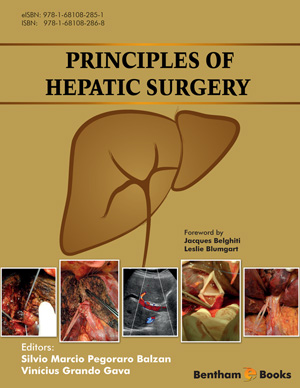Abstract
• Results of liver transplantation (LT) for hepatic malignancies have been disappointing and mortality rates nearly prohibitive for benign tumors in initial trials.Clinical and surgical perioperative improvements show satisfactory outcomes in LT for end-stage chronic liver disease, and indications have increased. Currently, malignant and benign tumors are treated using LT; however, the scarcity of donors requires a selection of receptors whose could better profit of grafts.
• Liver transplantation should be considered the treatment of choice for selected patients with hepatocellular carcinoma (HCC) who are not candidates for surgical resection, and in whom malignancy is confined to the liver. Best results of LT for HCC are obtained in patients with a single tumor measuring less than 5 cm, or no more than three lesions measuring less than 3 cm each (Milan criteria).However, promising results have been achieved even when these classical criteria are extrapolated. LT for other malignancies primarily includes endocrine metastatic tumors. Cholangiocarcinoma and other malign tumors have controversial indications.
• Some benign tumors can represent indications for LT when other treatments, mostly partial hepatic resection, are not anticipated and symptoms or a risk of complication (rupture or malignization) are present.






















